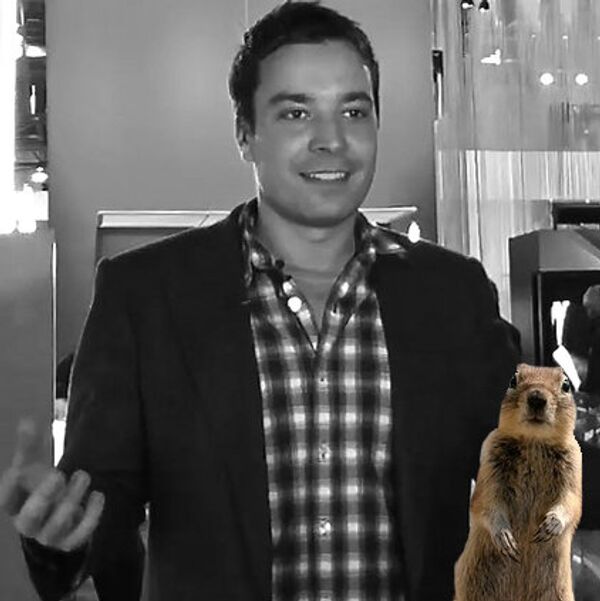Colorado’s governor called Amendment 64 – the measure allowing adults to possess an ounce of marijuana – the most ambitious social test of the 21st century. A handful of other states followed their lead, and many look to Colorado as the shining beacon – or crumbling relic, depending on your viewpoint – of the great pot experiment.
So far, everything seems to be going fine.
When polled, over 90% of voters from the 2012 election which saw Amendment 64 approved said they’d vote the same today.
“The negative effects of trying to enforce a ban on marijuana exceed the bad effects of letting people have it,” said 90-year-old Colorado resident Byron St. Clair. “…I don’t want our police force taken up trying to chase down people selling a little bit of marijuana.”
The newly legalized drug markets are heavily regulated. The state requires that all commercial growers be licensed. These licensed farms are monitored 24/7 by security cameras. And to top it all off, each marijuana plant is logged in a state database and given a personalized radio frequency ID for tracking.
“I can tell you that the drug dealer, illegal drug dealer on the corner in any state in this nation isn’t carding, isn’t checking your ID, isn’t making sure you have a medical marijuana card or you’re over 21,” Meg Sanders, CEO of Mindful, a chain of marijuana retail stores, told CBS. “This industry does it every day, the stats show it. We’ve done a phenomenal job.”
The regulation isn’t without its hiccups. Many are still concerned that Colorado’s cannabis foray may leak into neighboring states. Nebraska and Oklahoma are suing, claiming Colorado green has made its way over their borders.
In October, DEA teams raided multiple warehouses in Colorado suspected of harvesting marijuana for buyers out-of-state.
Adding to that are concerns that legal marijuana’s high prices are doing little to bring down the state’s black market for the drug. A single joint in one of Mindful’s retail stores can cost as much as $14.53, which could leave plenty of frugal shoppers willing to take a risk on cheaper, illegal pot.
“There’s a common belief that by legalizing it, you will get rid of the black market,” said Greenwood Village Police Chief John Jackson. “I can resoundly say that the black market is alive and doing well.”
“I’d say there’s still a lot of work to be done,” said Dan Berlau, a Denver resident, “especially if the priority is to keep it out of the hands of children and away from drivers…But despite those shortcomings, in general, people who worried the sky would fall have been proved wrong.”
Smoking enthusiasts argue that pot legalization has created jobs for the state. Mindful, alone, expects to take in $18 million this year, and all of that money will be fed back through the local economy.
Legalization has also brought plenty of tourism dollars. 12% of those polled said friends or family visited from out-of-state and asked to be taken to a recreational marijuana shop.
Still, the notion of tourism makes many residents worry about Colorado’s reputation. Many want the state to be recognized for the natural majesty of the Rocky Mountains, its flavorful Southwestern cuisine, and its one-of-a-kind historical sites, like the Cliff Palace at Mesa Verde. Not as a drive-thru for drugs and French fries on the way to a Grateful Dead concert.

“Just the constant ‘mile high’ references [comedians] think are funny,” said resident Denise Wiley. “I think it’s sad where we’ve gone.” Wiley loathes the way many late-night television hosts turn Colorado into the butt of a joke.
While Colorado works out the kinks, many are still hoping for a federal law, since much of the state’s marijuana economy depends on the Justice Department playing along.
“…At any time the federal government could come and shut us down, tell us that what we’re doing is illegal in their eyes,” said Andrew Freedman, Colorado’s Director of Marijuana Coordination. “It’s completely possible that in a few years, somebody comes around and says – a new president says, ‘We’re not okay with you doing this.’”
For now, at least, the experiment carries on.



